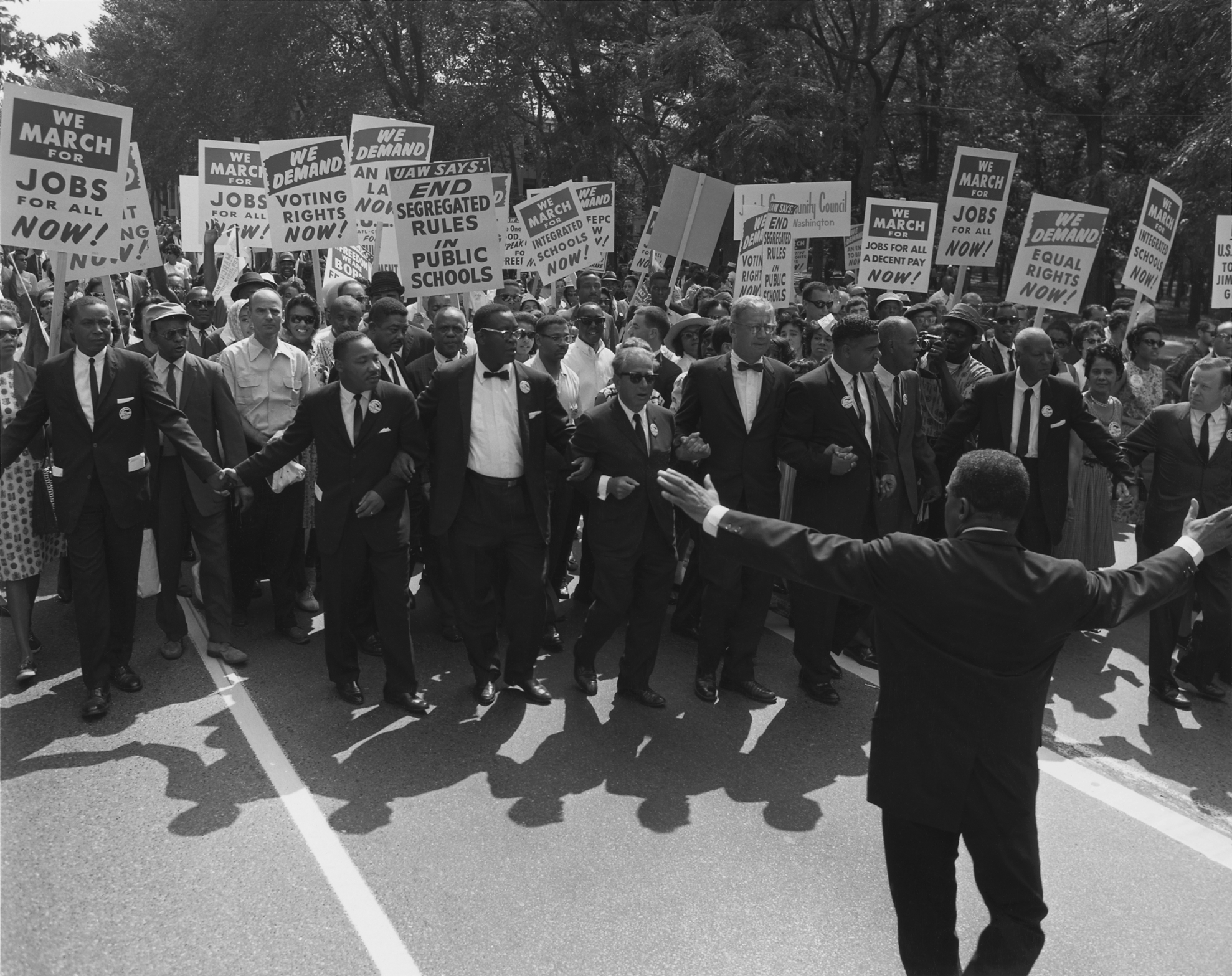As the shortest month of the year begins to wind down, we see a final push for activists and educators to take advantage of the year’s Black History Month.
rabble has seen tons of great pieces on Black History Month this year, and the Activist Toolkit has been no exception. There is a lot of debate ignited by Black History Month — advocates say the month is essential for education and awareness, while dissenters argue the entire month is merely another oppressive structure.
There does seem to be a group in the middle — those looking to rename Black History Month. It’s an interesting suggestion, one that walks the line between scrapping the month altogether, and identifying potential weaknesses that could be improved.
If you’re educating young minds, it’s safe to say you should be seeking out lots of Black History Month resources. Check out this tool for ideas on integrating teachable moments into all your subjects and classes, no matter what age or stage your students might be in.
Make sure any impressionable young minds are fully educated on the big players in these histories, too. This week the toolkit has profiles on Malcolm X, labour activist Cal Best, and the Black Panther Party.
Of course, much of the historic oppression and racism experienced by black folks in America (and the rest of the world) was rooted or exacerbated by the slave trade. Many people believe the only part of slavery that needs to be discussed today is its abolition. But the truth is that slavery is alive and well — and you’re helping to support it. Check out this tool to find a really interesting and engaging interactive site that spells out just how many slaves work for you. The details and detailed analysis is incredibly enlightening and frightening at the same time.
Advocates of Black History Month often argue it’s invaluable in terms of educational and awareness-raising aims, and in some ways it seems society needs that education more than ever. Even in activist spaces, unlearning our racist colonial histories is a process we must be actively involved in. Find a workshop on anti-racist organizing for white allies here. It’s unfortunate society hasn’t evolved beyond needing these anti-racism lessons. But that education is invaluable, especially when you look at the every day brand of racism that emerges in pop culture far too often — like blackface.
In trying to create inclusive societies, it can be the small campaigns, the symbolic efforts, that make the biggest difference. That’s why I think this petition — calling on the Bank of Canada to showcase more female historical figures on our bills — is so interesting. It’s another example of the way the traditional “history” excludes minorities like women and marginalized folks.
Let’s hear your thoughts on Black History Month — is it an essential way to acknowledge the struggle of a marginalized and oppressed group? Or is it time for a major change?
Do you support a name change to something other than Black History Month?
What’s your favourite anti-racist tool or resource?




